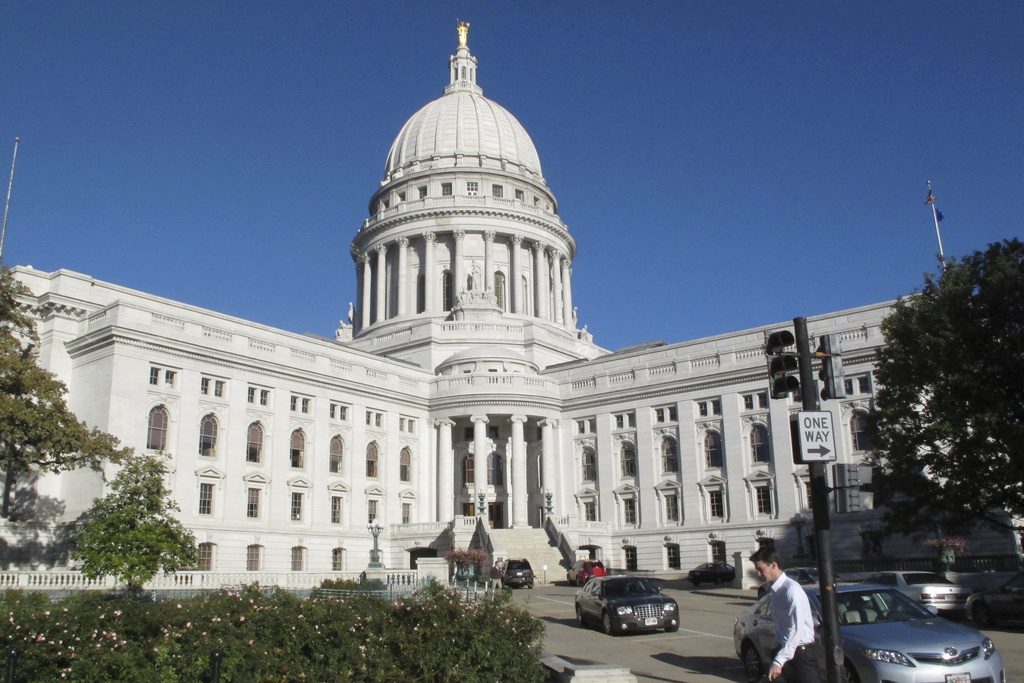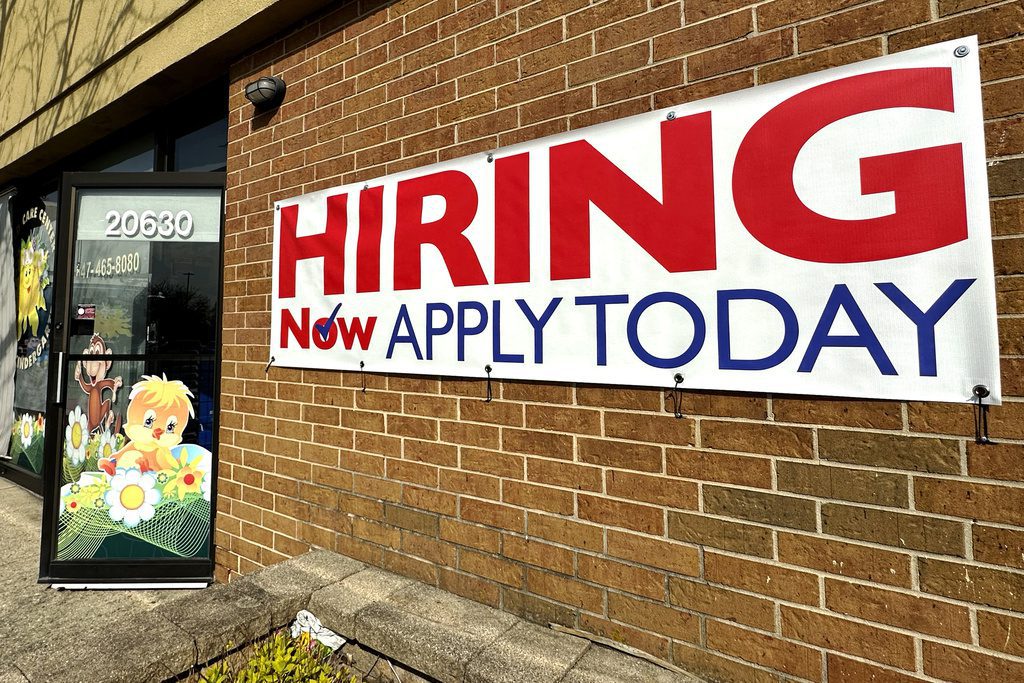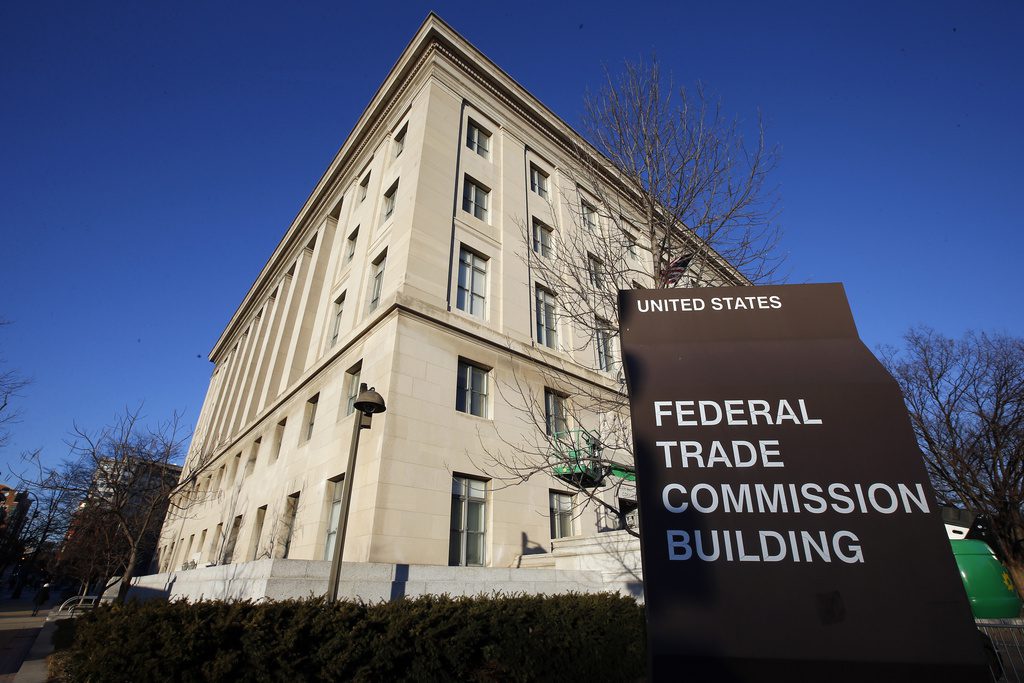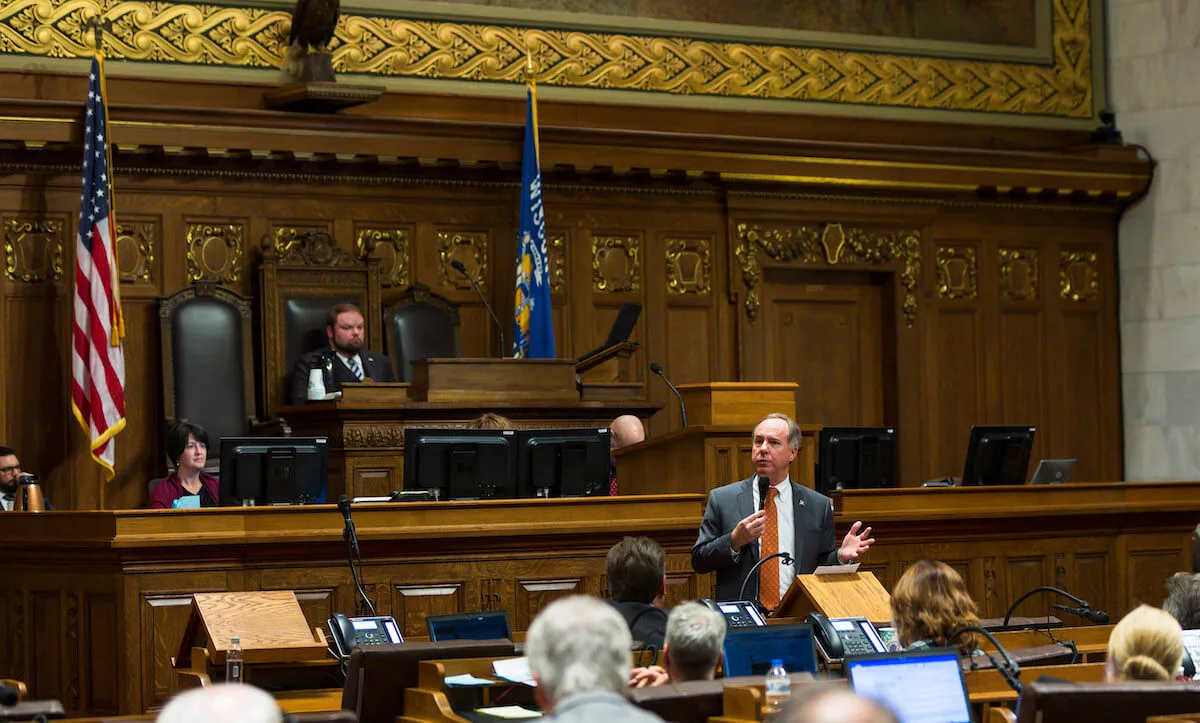
#image_title
#image_title
Requires schools and governments to re-open despite growing numbers of cases.
After months of inaction in the Statehouse chambers and a litany of lawsuits against public health measures, Assembly Republicans unveiled a COVID-19 relief package that is short on relief and loaded with mandates, punitive measures, and requirements that force some to gather in groups again despite the obvious dangers.
The proposal includes some provisions sought by Gov. Tony Evers to address the pandemic and its effects, such as doubling the number of public health staff addressing COVID-19, allowing out-of-state health professionals to work in Wisconsin to address the growing shortages in hospitals across the state, extending the prohibition on co-payments for COVID-19 tests, and making home antigen tests available.
But the proposal includes several poison pills that are going to be non-starters for Democrats.
“There are so many extremely politically divisive items in this legislation at a time when we need the opposite,” Assembly Democratic Leader Gordon Hintz (D-Oshkosh) said in a statement. “Not only do Wisconsin Republicans not want to respond to the COVID-19 pandemic, they want to put into law limits on local governments in their ability to respond in the way that works for their community. This bill is politically driven, undermines Gov. Evers’ efforts to combat the virus, and ignores the reality our state is facing.”
Lack of local control
The latest package severely limits the ability of schools and governments to respond to the pandemic. All government offices would be required to re-open to the public and all government employees to return to their offices by Jan. 31, despite the months that likely remain before a vaccine is widely available. Teachers would also be required to work in school buildings by the end of January, with some exceptions.
Grants would be established to help pay for computers for virtual learning, but schools will be severely limited in how often they can implement virtual instruction and could be punished financially for doing so. If passed the state would require local school boards to have a two-thirds supermajority vote in order to implement virtual learning and they could only implement it for two weeks at a time. School districts that spend more than half of the current school year learning virtually would be required to pay $371 per pupil to parents. This would not apply to University of Wisconsin system schools.
Democratic Rep.-elect Kristina Shelton is vice president of the Green Bay Area Public School Board. She said the district has been developing a plan to address the needs of teachers, staff, students, and parents. Under such a plan, if teachers want to work in the classroom, there would be provisions to do so safely, and if other teachers want to continue working from home there would be provisions to do so as well.
“School boards and school districts have been tasked with responding to the COVID crisis in their communities, and I think it’s dangerous to limit the powers of local elected representatives,” Shelton said. “It’s divisive and quite frankly it’s unhelpful when we have so many needs to get our state back on track.”
Last summer, school superintendents across Wisconsin received letters from Assembly Republicans urging them to consider re-opening schools.
Just this week, Anthony Fauci, director of the National Institute of Allergy and Infectious Diseases, said the US should, “close the bars and keep the schools open,” saying schools do not appear to be a major driver of community spread.
However, the proposal put forward by Wisconsin Republicans would also restrict local health departments from closing or setting capacity limits on select businesses. In order to close or restrict bars, for example, they would have to do the same to all businesses.
“Legislative Republicans want to take away the authority of our local governments to protect the health and lives of people in their communities, after months of saying a local response is the best response to this crisis,” Rep. Greta Neubauer (D-Racine) said in a statement to The Journal Times. “This package has made it clearer than ever that Legislative Republicans do not want to address COVID-19 or support Wisconsinites to weather this storm, they don’t want Governor Evers to respond, and now they even want to legally prevent our local governments and health officials from responding to this crisis.”
Reining in state response
One glaring omission from the package is any additional funding for COVID-19 initiatives. Instead it proposes cutting $300 million funding for state agencies by Dec. 16 and authorizes transfers within the current state budget.
It would also require the Wisconsin Department of Health Services to provide its immunization plan to the Joint Committee on Finance by the end of the year for approval, a provision Shelton called, “ineffective and dangerous.”
“I think the majority of Wisconsinites agree that those decisions need to be driven by medical professionals, not by the Republican-led Legislature,” Shelton said.
The Department of Workforce Development (DWD) would also be required to staff call centers 12 hours a day to eliminate the backlog of unemployment insurance claims and allow the Legislature’s budget committee the ability to reduce the salary of the DWD Secretary if the backlog is not reduced.
Former DWD Secretary Caleb Frostman left after Evers asked for his resignation over the backlog. The department—now being led by transition director Amy Pechacek—has been wrestling with years of tight budgets from Republican-led legislatures and an antiquated computer system using programming language that dates back to the 1960s.
The proposal also includes a repeat favorite among Assembly Republicans: limiting workers’ compensation. The new proposal would reinforce limited liability for businesses, schools and governments, making it more difficult for essential workers to receive workers’ comp if they contract the virus.
Republicans already implemented limited liability early in the pandemic at the same time that Illinois and Minnesota implemented policies giving essential workers the benefit of the doubt. The changes, which were thrown into a COVID-19 relief bill at the last minute, were written by the state’s largest business lobbying group, Wisconsin Manufacturers & Commerce, and narrowed the definition of healthcare workers who could apply for workers’ compensation if they contract the virus.
State Senate Republicans also unveiled a COVID-19 proposal that was more limited in scope.
Evers’ office was noncommittal on the two GOP proposals.
“Gov. Evers has repeatedly asked Republicans for their plan to respond to COVID-19 and remains ready and willing to work together on a proposal that will pass both houses with bipartisan support,” said Evers spokesperson Britt Cudaback. “It’s unfortunate that Republicans can’t even agree among themselves on a plan for our state’s response to this pandemic.”
Politics

Biden makes 4 million more workers eligible for overtime pay
The Biden administration announced a new rule Tuesday to expand overtime pay for around 4 million lower-paid salaried employees nationwide. The...

Biden administration bans noncompete clauses for workers
The Federal Trade Commission (FTC) voted on Tuesday to ban noncompete agreements—those pesky clauses that employers often force their workers to...
Local News

The 8 most convincing UFO sightings in Wisconsin history
If you’ve ever seen something light up in the sky and wondered what it could be, there’s a chance it’s a UFO, especially if you’re in Wisconsin. The...
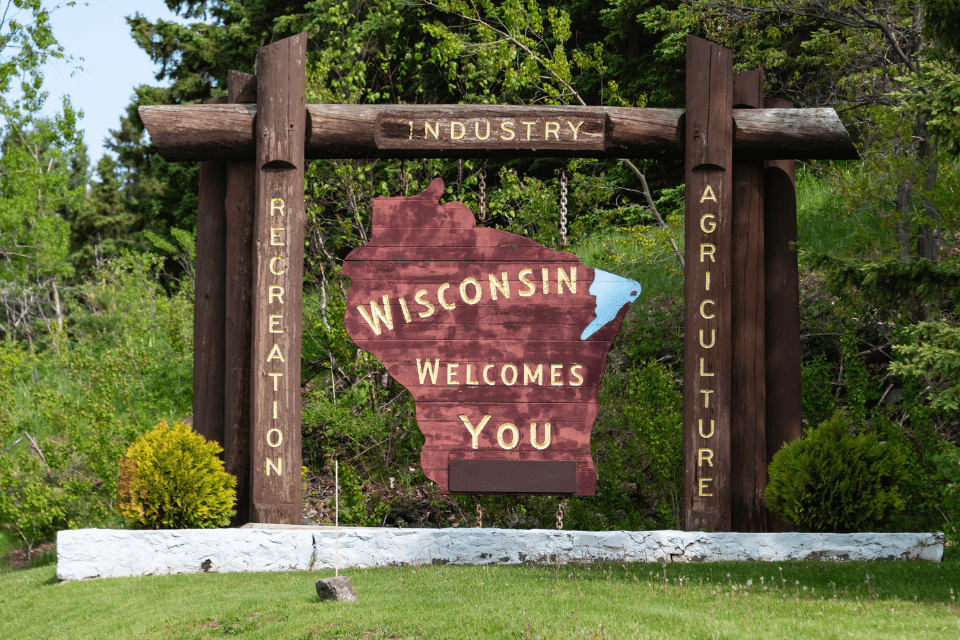
What’s the best budget-friendly destination in Wisconsin?
From the shores of Lake Michigan to the rustic beauty of the Northwoods, Wisconsin is teeming with unforgettable destinations where you can relax,...


